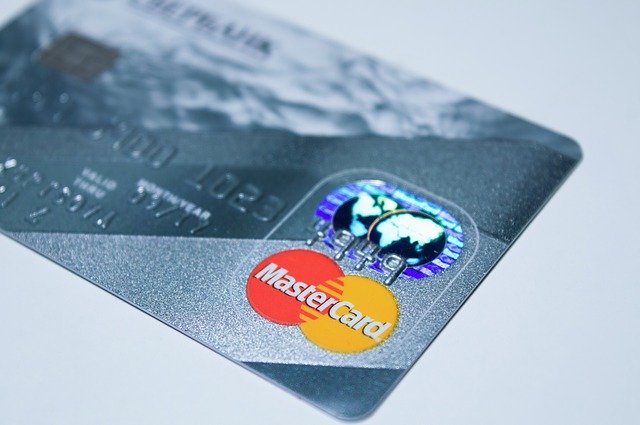
Businesses and governments across the globe are looking for resources to help better manage the health, safety and economic risks presented by the recent pandemic. To assist in these efforts, Mastercard has launched Recovery Insights, a set of tools, innovation and research that can provide some certainty today and support data-driven decision-making for a more digital tomorrow.
The initiative draws on Mastercard’s analytics and experimentation platforms, its longstanding consulting practice and unique data-driven insights.
“Enabling smarter decisions with better outcomes is our goal. And, it’s what airlines, restaurants, CPG brands, banks, governments and countless others are seeking right now,” said Raj Seshadri, president of data and services, Mastercard. “Our insights are helping apparel brands refine their inventory to address the rise in e-commerce, grocers fine-tune store hours to give at-risk shoppers peace of mind, and governments guide services to fuel local economies.”
Empowering Data-Driven Decision-Making
As part of this initiative, Mastercard is making certain insight-driven tools available at no cost to governments and select businesses to give a timely snapshot of economic performance. These solutions draw on aggregated and anonymized spending insights to provide an ongoing view of economic health.
To assess the local effects of COVID-19 and build a foundation for an inclusive recovery, dozens of cities (including New York City, London, Barcelona, Madrid, Los Angeles and Logan City, Australia), states (Arizona) and national governments (Turespaña, Ministry of Industry, Trade and Tourism of Spain) are now using Mastercard tools. These solutions help inform budget planning, optimize aid disbursement, understand which merchants are open for business, and prioritize investment to support those most impacted by the pandemic.
“Access to Mastercard’s insights gives us a much more detailed picture of the economic health of the capital’s high streets during lockdown – and as we move towards easing restrictions,” commented London’s Chief Digital Officer, Theo Blackwell. “It complements other insights we’re gathering which allows us to target future investments and understand the emerging needs of businesses and communities across London.”
Meanwhile, U.S. small business owners are using the tools to better understand local consumer spending trends, while central banks around the world are collaborating closely with the Mastercard Economics Institute to better understand changing market conditions through regular COVID economic impact trackers.






